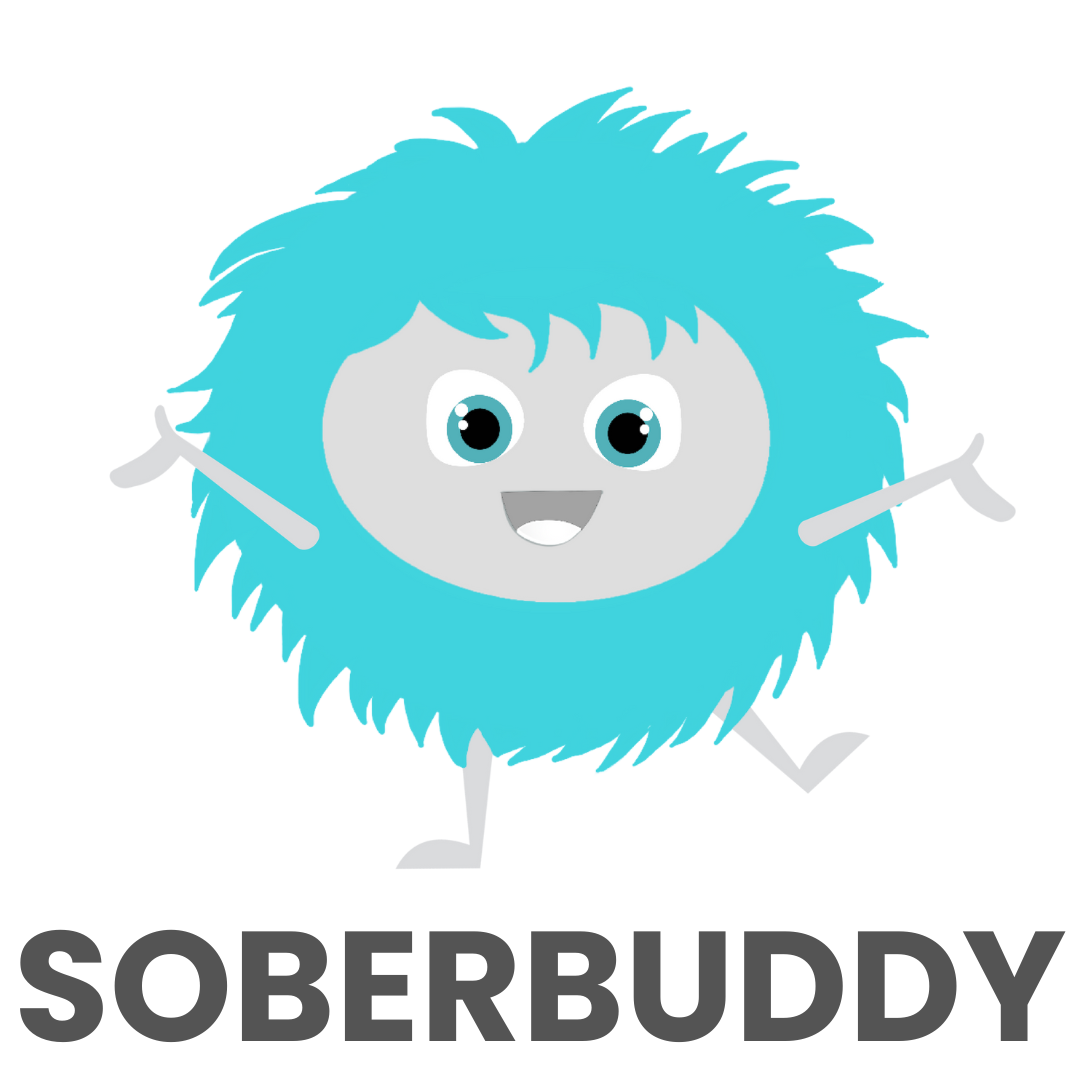Change can be hard. Change can be sudden. Change can be uncomfortable. And change happens regardless of how we feel about it. Learning how to cope with the ups and downs and unexpected moments in life will make you feel less stressed and more at ease in the long run. It will also help you adapt better to a new environment, job or routine.
The cozier you get with welcoming change into your life the more comfortable you will get at making decisions that will help you instead of hurt you. When you’re in recovery your life is full of transitions. Change is a natural part of the recovery journey, so the more comfortable you are with it, the easier it will be for you.
Here are three strategies to help yourself cope with change:
- Think about what’s really in your control
A lot of times, change is out of your control. Like a worldwide pandemic that shuts everything down. And thinking about all those out-of-your-control things can leave you stressed out and afraid. So I want you to think about wearing a hula hoop. Yep. Like the ones you used to play with as a kid. And then ask yourself, “What’s inside my hula hoop?” This is the area you can control. Focus on that small area and let everything outside of that area go. You will feel more at peace and grounded, which will help you avoid an anxiety attack or trigger to use or drink. This is a tool you can return to any time you feel overwhelmed. Whether it’s from a relationship, circumstance, or trigger.
- Pay attention to your feelings
Strong feelings can make you want to run away or pretend they’re not there, because you may have acted out on strong feelings in the past. OR the feelings may seem too difficult to face. But being honest with yourself and recognizing the emotions you are having will not only help you cope, but show you what works and doesn’t work for you in your life. Don’t try to “not feel anything,” because feeling emotions is how we process things. If you are genuinely afraid of what you’re feeling but know you need to process it, find a friend, family member, or therapist who you feel comfortable sharing with. Sometimes just saying how you feel out loud will relieve the pain and confusion. It’s important while going through recovery to find ways to deal with your strong emotions in a healthy way. It can feel triggering when you’re sad or upset and you may be tempted to relapse. That’s why finding support and developing healthy coping techniques that bring you comfort are so important.
- Find support from others going through similar changes
Change can be especially hard to go through when you feel alone. It can be challenging to open up to someone about the transition you’re experiencing if that person can’t relate. Finding support groups or friends and mentors that have been through something similar will make opening up easier. There are an endless amount of support groups of all different types of challenges such as recovery, grief, cancer, infertility, etc. Many support groups are also free to join. Having a support group helps improve your coping skills, makes you feel less alone, pushes you to stay motivated and on track with your recovery, and can introduce you to some new friends along the way.
Charles Darwin once said, “It is not the strongest of the species that survive, nor the most intelligent, but the most responsive to change.”

